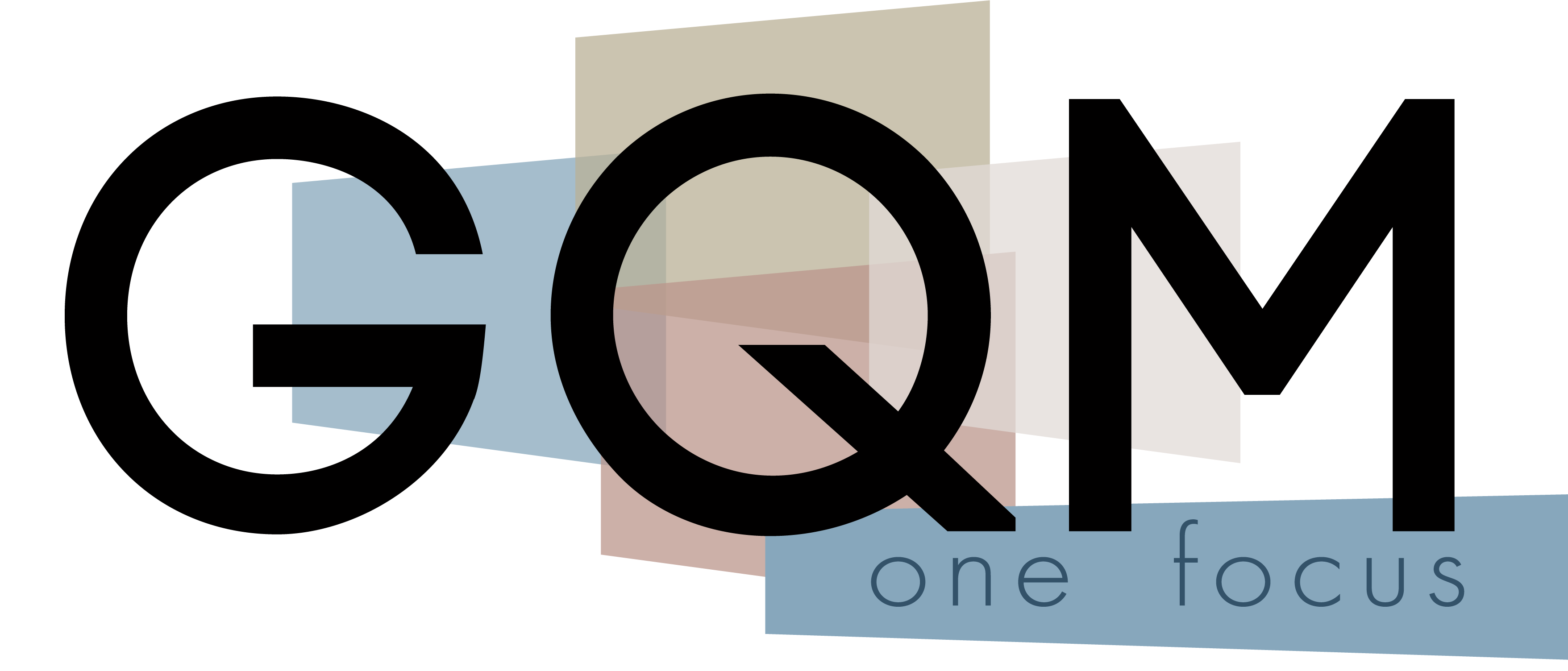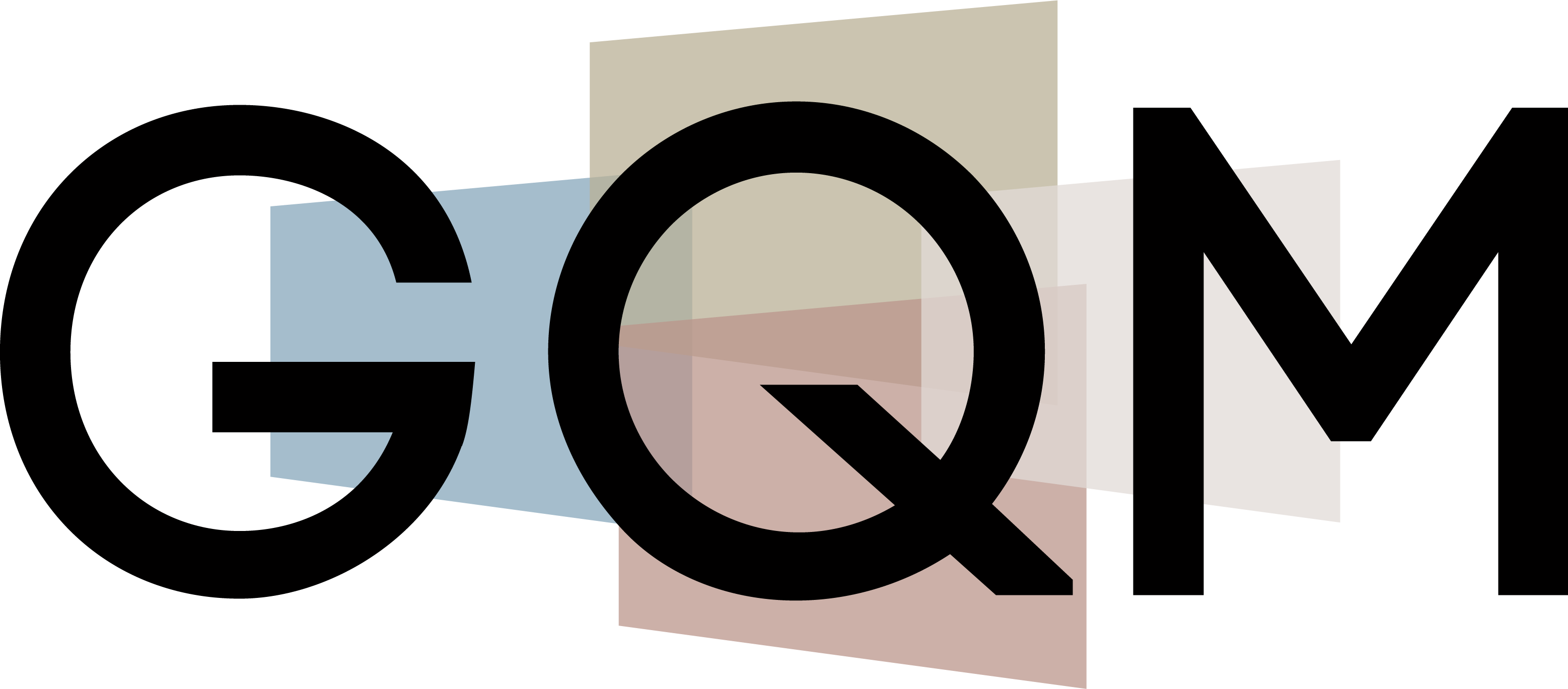END TIMES: Daily Reading Plan #7

Revelation 21:1-8
"Then I saw "a new heaven and a new earth," for the first heaven and the first earth had passed away, and there was no longer any sea. I saw the Holy City, the new Jerusalem, coming down out of heaven from God, prepared as a bride beautifully dressed for her husband. And I heard a loud voice from the throne saying, "Look! God's dwelling place is now among the people, and he will dwell with them. They will be his people, and God himself will be with them and be their God. 'He will wipe every tear from their eyes. There will be no more death' or mourning or crying or pain, for the old order of things has passed away." He who was seated on the throne said, "I am making everything new!" Then he said, "Write this down, for these words are trustworthy and true." He said to me: "It is done. I am the Alpha and the Omega, the Beginning and the End. To the thirsty I will give water without cost from the spring of the water of life. Those who are victorious will inherit all this, and I will be their God and they will be my children. But the cowardly, the unbelieving, the vile, the murderers, the sexually immoral, those who practice magic arts, the idolaters and all liars—they will be consigned to the fiery lake of burning sulfur. This is the second death.""
From the time described midway through Genesis chapter 3 until the events of Revelation 20, earth experienced—is experiencing—the presence of sin and death. At the end of chapter 20, John sees God delivering the final and ultimate judgment on Satan, casting all evil into the lake of fire. At that point, creation will finally be free from everything wicked, and what follows is a description of a remade, restored earth.
Following the great white throne judgment of chapter 20, John sees a new heaven and a new earth. Scholars debate whether this means that all of creation will be destroyed and re-made, or that God will re-condition creation. The terminology used seems to suggest a renewal. John sees the new city of Jerusalem descending onto the earth, and voices celebrating the restored relationship between God and man. In particular, John hears the voice from the throne declare an end to suffering, pain, and death for all of eternity. At the same time, John hears a reminder that sin, and those who chose it over God, are condemned to the "second death" of hell (Revelation 21:1–8).
John attempts to describe the New Jerusalem in terms others can understand. In doing so, he mentions precious materials such as gold and jasper, but associates them with properties those materials don't normally have. Gold, for instance, is not normally "clear," and neither is jasper. This is John's struggle in explaining what he sees; a modern person might say they saw smoke that looked like "transparent lead," and those hearing it would understand the mixture of two separate ideas. Here, John does something similar in his effort to describe the indescribable (Revelation 21:9–21).
John also points out that there is no temple in this new city, since there is no need for a temple. Temples, priests, and rituals are all necessary when man is somehow separated from God. Two people speaking face-to-face don't need telephones or letters; those living in direct communion with God won't need a temple. This description also re-emphasizes the perfect holiness of this New Jerusalem, and the fact that only those who put their faith in Christ will be found there (Revelation 21:22–27).
Reflection Questions
- What do these verses say about the end times?
- What do these verses call you to take to heart about God's ultimate purposes, justice, and restoration?




